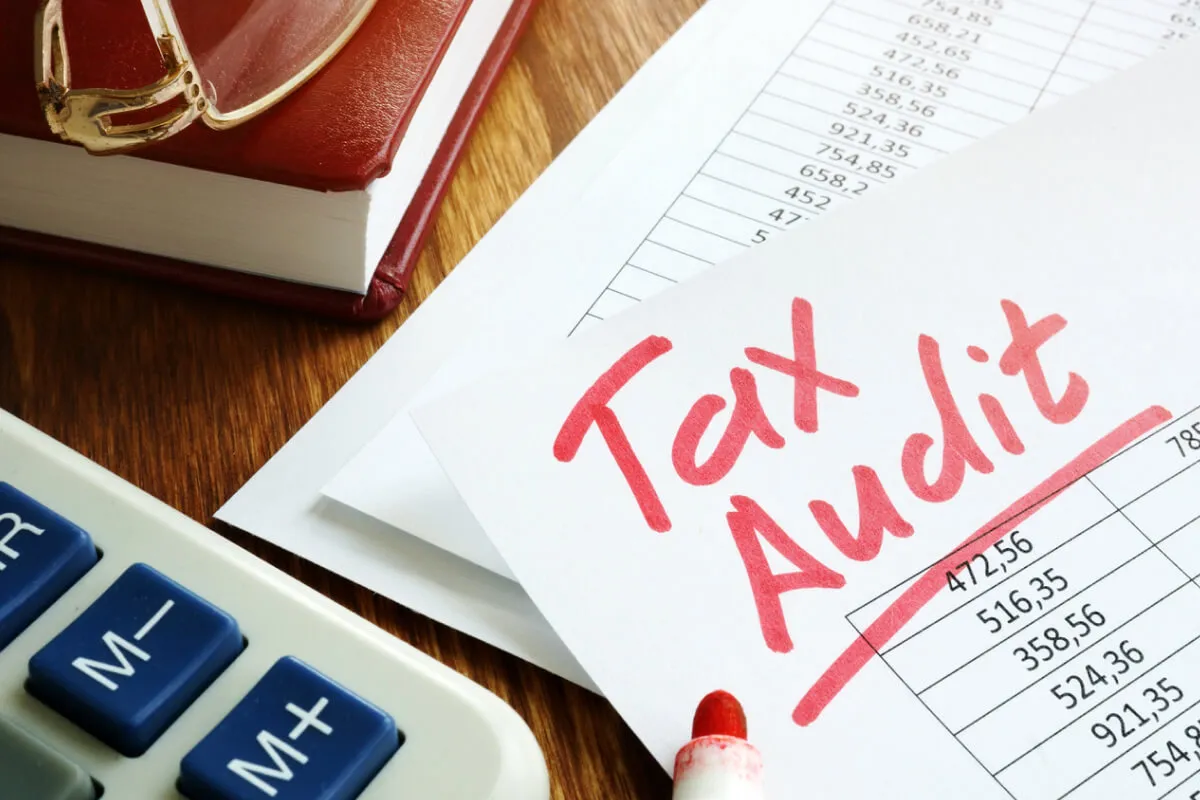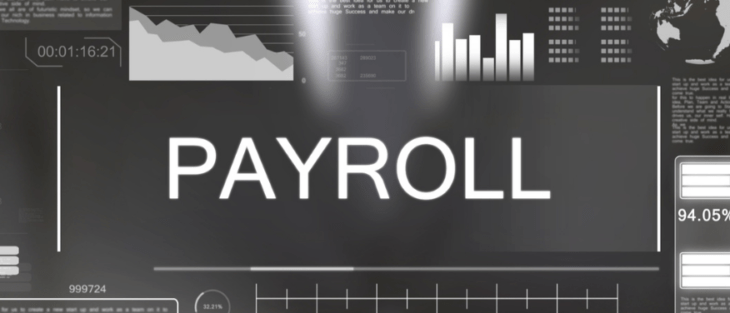The Ghana Revenue Agency (GRA) is one of the most feared government agencies. While it is common knowledge that the government would ask for taxes to be paid, it doesn’t mean that the practice of auditing the tax returns is an accepted practice. There are a lot of people who are wary about the whole tax audit process.
Tax audits frequently cause stress and confusion for both people and corporations. The GRA (Ghana Revenue Authority) tax audits play a key role in Ghana’s financial landscape among the numerous forms of tax audits. Here are some frequently asked questions about GRA tax audits that have been prepared to clarify this sometimes misunderstood topic. This book will give you useful insights into the essential elements of GRA tax audits, whether you’re a taxpayer, a business owner, or just interested in how tax audits function. So here are some most frequently asked questions about GRA tax audits which help clarify this important facet of tax compliance.
- What is a tax audit?
A tax audit constitutes a thorough inspection conducted by the GRA, scrutinising a taxpayer’s financial documentation and tax filings. The primary objective is to ascertain the precision of the reported income, deductions, and tax credits while ensuring adherence to the established tax laws and regulations. During this process, the GRA meticulously evaluates the taxpayer’s compliance with tax obligations and seeks to confirm the accuracy of their financial disclosures, guaranteeing the integrity of the tax system and fairness in revenue collection.
- Why is my company chosen for a tax audit?
A tax audit can be triggered by taxpayer-related red flags or GRA’s policies.
Some taxpayer-related red flags are:
- Late or non-filing of tax returns, regular payment of penalties and interest.
- Consistently reporting losses for over 3 years.
- Applying for a tax refund—GRA will conduct an audit to confirm the validity of the claim.
- Notifying of winding up or suspension of business operations.
- Unusual Income: If your reported income is significantly higher or lower than what is typical for your profession or industry, it may raise a red flag for the GRA.
- Past Audits: If they audited you in the past and there were issues with your returns, the GRA is more likely to audit you again in the future.
- Information mismatch – if the information on your tax return does not match the information provided by third parties, such as your employer or financial institutions, it may trigger an audit.
GRA policy considerations
- Random Selection – The GRA may randomly select taxpayers for an audit as part of their enforcement strategy.
- GRA policy—GRA has a policy of auditing entities every 3 years.
- Industry-specific issues – industries with a history of noncompliance or tax evasion, or are emerging e.g., e-commerce.
- I am informed of an audit, what should I do?
Upon receiving notice of a tax audit, it is imperative to promptly engage with your tax consultant to collaboratively determine the audit’s location, scheduling, and timing. In the absence of a tax consultant, it is crucial to directly liaise with the tax auditor to confirm the audit’s scope and scheduled date. It is essential to ensure that you have an ample window of time for thorough preparation in either scenario, guaranteeing that you are adequately equipped to address the audit process effectively.
- Can I ask for time to prepare for the tax audit?
Yes, you can ask for time to prepare if the notice is short or inconvenient.
- How many years does the audit cover
A maximum of 6 years, but if the tax auditors find fraud, willful default, or serious omissions in your tax returns for any year, the audit may go beyond the 6 years.
- What documents are required for the tax audit?
The crucial documents required for the audit are:
The auditor may request additional information and documents during the audit.
When you get a document request;
- Financial Statement
- Final Audited trial balance
- Filed tax return and payment receipt
- Bank statement
- VAT Invoice Booklet
- Purchase record [ Invoice, goods received and others]
- Sales [ Invoice, agreements, exemptions letters ]
- General Ledger
Ensure that you can provide it before the audit, and then delegate your team to collect the necessary documents and data.
- What to do before you submit documents
- Check that you have all the documents requested.
- Review the documents and assess if there are potential liabilities—penalties for late filings, possibilities of undeclared revenue, or overstatement of expenses for the period.
- If your review discloses gaps in your taxes, consider options for mitigating the gap.
- Submit the requested information after the introductory meeting.
- What is the purpose of an introductory meeting with the GRA?
The introductory meeting enables you to:
- Provide GRA with key information, such as business background, operating model, and other relevant information about the management of the company.
- Understand the auditor’s approach to the audit and when they will finish the fieldwork.
- Get the contacts of the auditors.
- Get to know the auditors and get their contact details.
- How long does the tax audit take?
Different issues affect how long a tax audit takes – the competence and approach of the tax auditors, and how long it takes the auditee to provide information and respond to queries.
How long they take is not predictable, but it often takes longer than you would want. When GRA is auditing you, your concern should be to expedite the audit and avoid paying unnecessary taxes. Therefore, I must plan for the tax audit.
- Should I engage a tax consultant?
You can handle the audit without the help of a tax consultant. If your knowledge of the tax laws is not deep, you risk ending up with an assessment that you do not expect.
We strongly recommend that you engage or involve a tax consultant from the inception of the audit. The tax consultant has the depth of tax knowledge and the experience of dealing with a tax audit. He could save you a lot of money and hassle.
Comprehending the intricacies of GRA tax audits is a fundamental requirement for anyone involved in Ghana’s taxation landscape. The ten commonly asked questions have successfully demystified the intricate aspects encompassing GRA tax audits, providing lucidity regarding their objectives, procedures, and potential consequences. While the notion of undergoing a tax audit may evoke apprehension, equipping oneself with knowledge and readiness stands as the initial stride toward ensuring a seamless and equitable assessment of your tax matters.
Facing a tax audit with trepidation is unnecessary when you are well-informed. It is pivotal to remain well-informed about the audit process and, when necessary, seek professional counsel. This approach applies to both individuals and businesses, offering them the tools to confidently navigate GRA tax audits. Such preparedness not only ensures compliance with Ghana’s tax laws but also safeguards their financial interests throughout the audit process.
In essence, understanding GRA tax audits is akin to unlocking the gateway to responsible taxation in Ghana. It grants individuals and enterprises the competence to face audits head-on, fully aware of the audit’s rationale and methodologies. This knowledge empowers them to engage constructively with tax authorities, ensuring that their tax affairs align with Ghana’s regulatory framework. GRA tax audits need not be shrouded in fear or uncertainty. Armed with knowledge and, when necessary, guided by tax professionals, individuals and businesses can confidently traverse the terrain of GRA tax audits. By doing so, they contribute to a tax-compliant Ghana while safeguarding their financial interests throughout the audit process.



